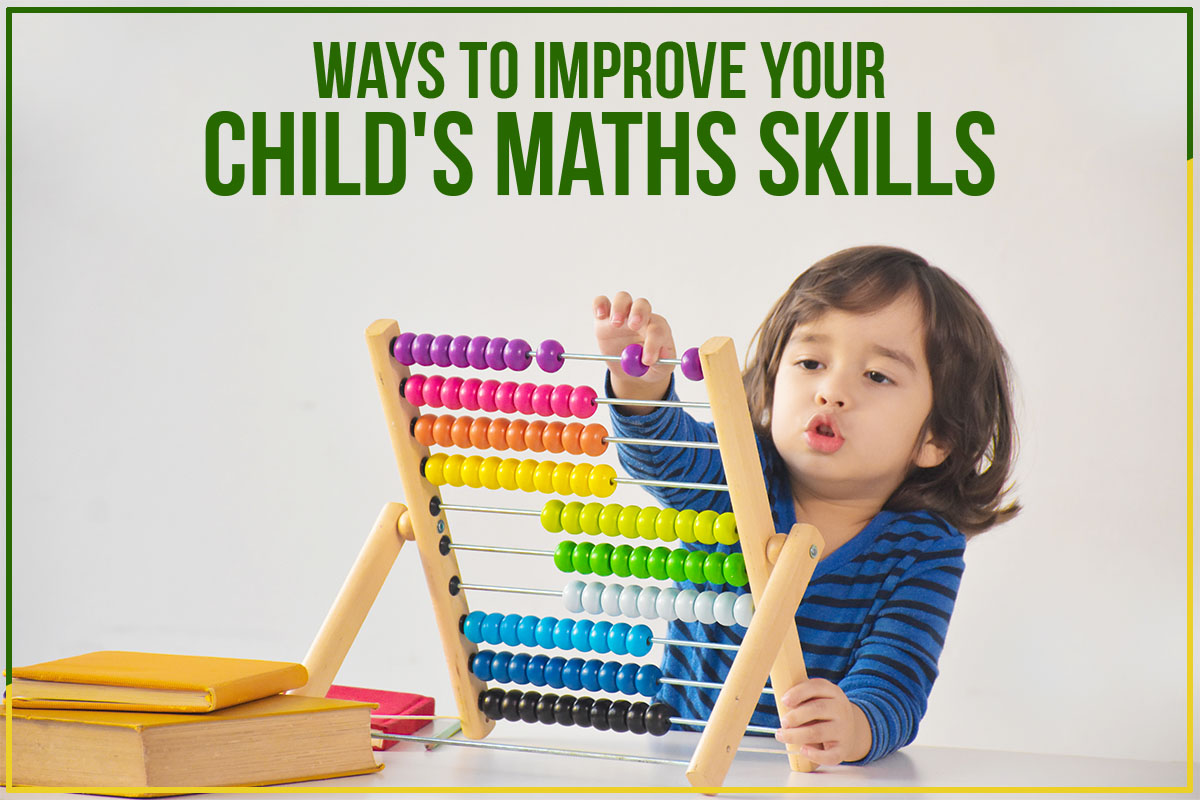As parents, we all want our children to succeed in life. One of the most important skills they can acquire is a strong mathematical mindset. Mathematics is not just about numbers and equations; it is a language that helps us understand the world around us. By developing a positive attitude towards mathematics, we can unlock our child’s potential for success in various aspects of their lives. In this blog post, we will explore the key components of a mathematical mindset and provide practical tips on how you can foster it in your child.

1. Develop a Growth Mindset
A growth mindset is the belief that intelligence and abilities can be developed through hard work, dedication, and perseverance. Carol Dweck, a renowned psychologist, coined the term “growth mindset” to describe this concept. Children with a growth mindset embrace challenges, view failures as opportunities for learning, and persist in the face of difficulties. They understand that mathematics is a skill that can be improved with practice and effort.
To cultivate a growth mindset in your child, encourage them to view mistakes as stepping stones to success. Praise their efforts and progress rather than solely focusing on their achievements. Encourage them to ask questions and seek help when needed. Model a growth mindset yourself by embracing challenges and showing resilience in the face of setbacks.
2. Develop Number Sense
Number sense is the ability to understand and manipulate numbers without relying solely on memorization or formulas. It involves recognizing patterns, making connections between numbers, and using mental math strategies. Children with strong number sense have a natural affinity for mathematics and find it easier to grasp complex concepts later on.
You can enhance your child’s number sense through everyday activities such as counting change, measuring ingredients while cooking, or estimating distances while driving. Play games that involve strategic thinking and problem-solving, such as board games like Monopoly or puzzles like Sudoku. Encourage your child to use mental math strategies, such as rounding or estimating, when solving problems.
3. Foster Collaboration and Communication Skills
Mathematics is not a solitary activity; it requires collaboration and communication among peers and teachers. By working together, children can learn from each other’s strengths and weaknesses, share ideas, and solve problems more effectively. Additionally, effective communication skills are essential for expressing mathematical concepts clearly and understanding instructions from others.
Encourage your child to participate in group projects or study sessions with classmates. Teach them to listen actively, ask clarifying questions, and express their thoughts and ideas clearly. Practice active listening by modeling good communication habits yourself and encouraging open dialogue with your child about their mathematical experiences.
4. Emphasize Persistence and Resilience
Mathematics can be challenging, and it is normal for children to experience frustration or difficulty at times. However, it is essential to teach them the value of persistence and resilience in overcoming these obstacles. By learning to push through challenges and not give up easily, children develop a sense of determination and grit that will serve them well in all aspects of their lives.
Encourage your child to tackle challenging problems step by step, breaking them down into smaller, more manageable tasks. Help them develop a plan for overcoming obstacles and celebrate their progress along the way. Provide emotional support and reassurance when they face setbacks, reminding them that failure is an opportunity for growth and learning.
5. Make Mathematics Relevant and Fun
One of the biggest barriers to developing a mathematical mindset is a lack of interest or engagement with the subject. By making mathematics relevant and fun, you can spark your child’s curiosity and enthusiasm for learning. Connect mathematical concepts to real-life situations or hobbies that your child enjoys, such as calculating measurements for a DIY project or analyzing sports statistics. Use technology, such as educational apps or online resources, to make learning mathematics interactive and engaging.
In conclusion, developing a mathematical mindset is crucial for your child’s success in life. By fostering a growth mindset, enhancing number sense, promoting collaboration and communication skills, emphasizing persistence and resilience, and making mathematics relevant and fun, you can unlock your child’s full potential in this essential subject. Remember that every child learns at their own pace, so be patient, supportive, and celebrate their achievements along the way. With the right mindset and approach, your child can become a confident and capable mathematician who thrives in all areas of their life.
